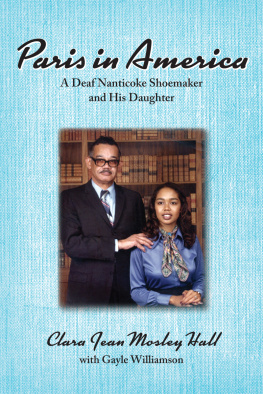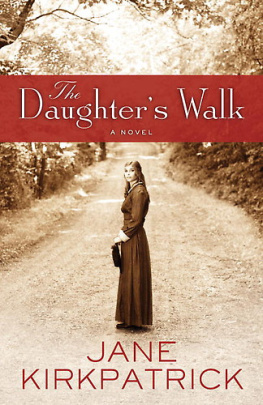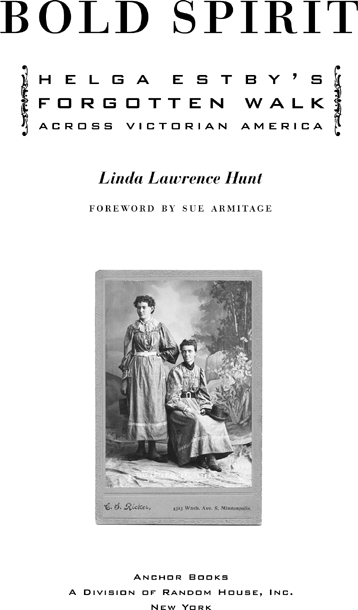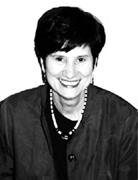
Linda Lawrence Hunt
BOLD SPIRIT
Linda Lawrence Hunt, a former associate professor of English at Whitworth College, now directs The Krista Foundation for Global Citizenship. An engaging speaker and award-winning freelance writer, Hunt traveled across America and to Norway to reconstruct the silenced story of Helga Estbys epic journey. Bold Spirit won the 2004 Willa Cather Literary Award for nonfiction, the Washington State Book Award, and the Pacific Northwest Booksellers Award. She lives in Spokane, Washington, with her husband Jim.
www.boldspiritacrossamerica.com
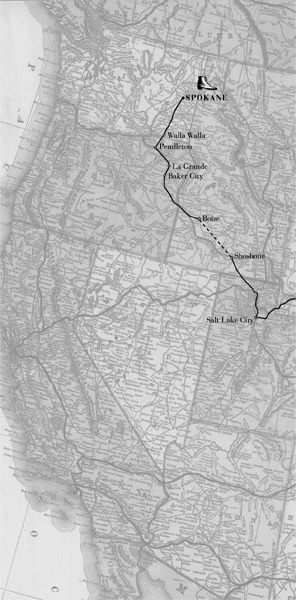
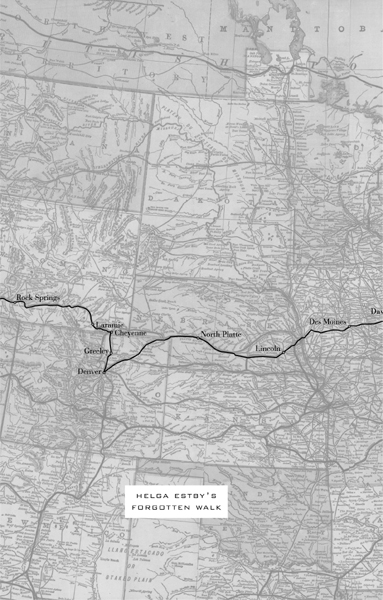
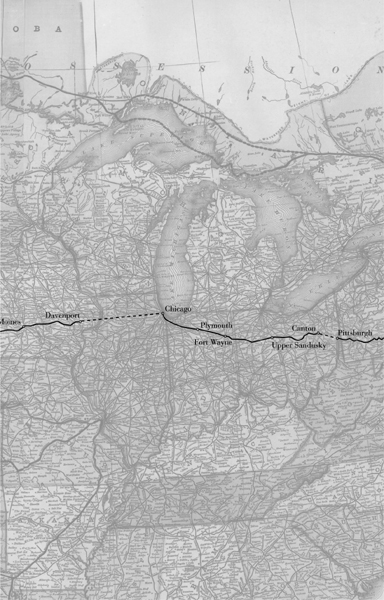
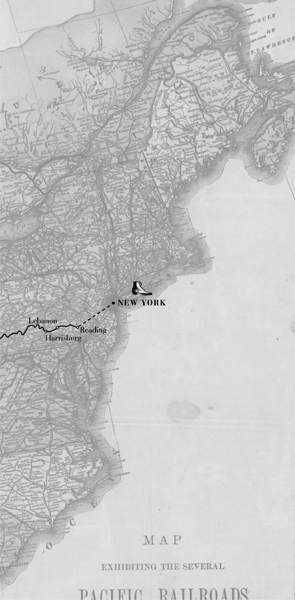

FIRST ANCHOR BOOKS EDITION, JANUARY 2005
Copyright 2003 by Linda Lawrence Hunt
All rights reserved under International and Pan-American Copyright Conventions. Published in the United States by Anchor Books, a division of Random House, Inc., New York, and simultaneously in Canada by Random House of Canada Limited, Toronto. Originally published in paperback in the United States by the University of Idaho Press, Moscow, Idaho, in 2003.
Anchor Books and colophon are registered trademarks of Random House, Inc.
Map Courtesy of the Library of Congress
Library of Congress Cataloging-in-Publication Data
Hunt, Linda, 1940
Bold spirit : Helga Estbys forgotten walk across Victorian America / Linda
Lawrence Hunt; foreword by Sue Armitage.
p. cm.
eISBN: 978-0-307-42506-5
1. United StatesDescription and travel. 2. United StatesSocial life and customs18651918. 3. Estby, Helga, b. 1860TravelUnited States. 4. Estby, Clara, b. 1876TravelUnited States. 5. WalkingUnited StatesHistory19th century. 6. Norwegian AmericansBiography. 7. Mothers and daughtersUnited StatesBiography.
E168.H94 2005
973.870922dc22
[B] 2004057372
Author photograph Jim Hunt
www.anchorbooks.com
v3.1_r1
T O
T HELMA P ORTCH
AND
D OROTHY , D ARYLL , D ARILLYN, AND D OUG B AHR ,
WHO BECAME KEEPERS OF THIS FAMILY STORY
AND TO
E VELYN C HRISTENSEN
ANOTHER ORDINARY WOMAN WHO
LIVES AN EXTRAORDINARY LIFE
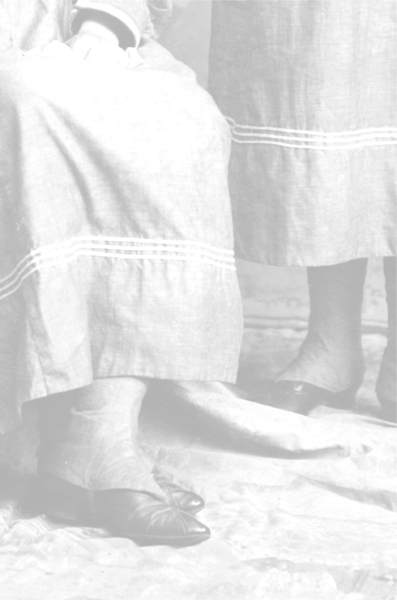
Contents
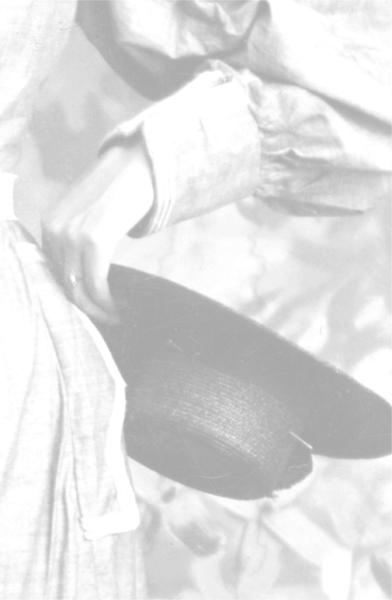
Foreword
The amazing story of Helga Estbys walk across America, which you will read in the following pages, was almost lost from history. Even now, after all of Linda Hunts diligent research and imaginative retelling, there are aspects of Helgas story that remain mysterious. Although some readers may be frustrated by these lingering mysteries, I suggest that they give us opportunities to think about what we call history. The historical record tells us about how people acted in the past, but it often does not tell us why. It is the job of professional historians to provide plausible reasons for the actions of the past. But the truth is that even the most famous and well-documented historical personages contain pockets of mystery and take actions that we do not fully understand. If this is true for the great and famous, think how much more likely it is to be true for an immigrant woman like Helga Estby. Think also about how many life stories of ordinary people have been lost to history because there are no surviving records. The truly amazing thing about Helga Estby is that she did something extraordinary, and her story still remained unknownuntil now. Her erasure should prompt us all to think about how little of the past we really know and encourage us to think about how to preserve more of our present-day lives and concerns (tomorrows historical record).
Every day we make decisions about which events are important and which are not. In fact, our historical record begins right now in the present with this daily process of inclusion and omission. In her conclusion to Helga Estbys story, Linda Hunt invites us to think about the different kinds of omission she calls silencing. In that contemplation are some hard lessons that bear directly on our sense of history. Several lessons occur to me; doubtless each of you can add to the list. First, we expect the already great and famous to do great things, but we easily overlook the achievements of the more humble among us. Second, we prefer predictable stories with easily understood motivations; unexpected actions undertaken for uncertain reasons make us uncomfortable. Third, people who act too far from their expected norms are embarrassments to those around them. How much truer is this likely to be when the historical actor is poor and female?
Throughout history, silencing has been the fate of most women. Thanks to Linda Hunts interest and extraordinary persistence, Helga Estby has escaped that common fate. Finally then, this is not just Helga Estbys story but Linda Hunts as well, for in the following pages she shows us just how much silenced history can be recovered when we really want to know.
Sue Armitage, Washington State University
Preface
It was late one evening in 1984 when I read eighth-grader Doug Bahrs seven-page essay entered in the Washington State History Day Contest. This farm son from Wilbur, through the encouragement of his mother, Dorothy, and older sister, Darillyn, told a stunning story in Grandma Walks from Coast to Coast. This brief family story of a mother and daughters walk captivated my imagination and curiosity. Who was this Norwegian immigrant, Helga Estby? Whatever gave Helga and her daughter Clara the courage to attempt such a journey? I recently had read Peter Jenkins observations and experiences on his contemporary cross-continent trek in A Walk Across America, a story that attracted immense national interest. I felt certain a mother and daughters observations and experiences across an unsettled continent almost one hundred years earlier would prove compelling. Was there more to the story?
In subsequent investigation, I found that little was known about Helgas audacious gamble to earn the $10,000 wager offered by unknown sponsors for completion of the journey. Behind on paying taxes and the mortgage, she was desperate to save the 160-acre Mica Creek farm and home built by her husband, Ole, for their family of nine children. Hers was a womans story, and like most ordinary mothers of her era, her active participation in life was not valued as part of Americas historical record. Even more telling, Helgas choice to leave home, and the subsequent tragedy of loss, led to such anger in the family that they did not value her remarkable story either. Her walk across the United States with her daughter Clara remained a silenced topic within the family for over seventy years.





